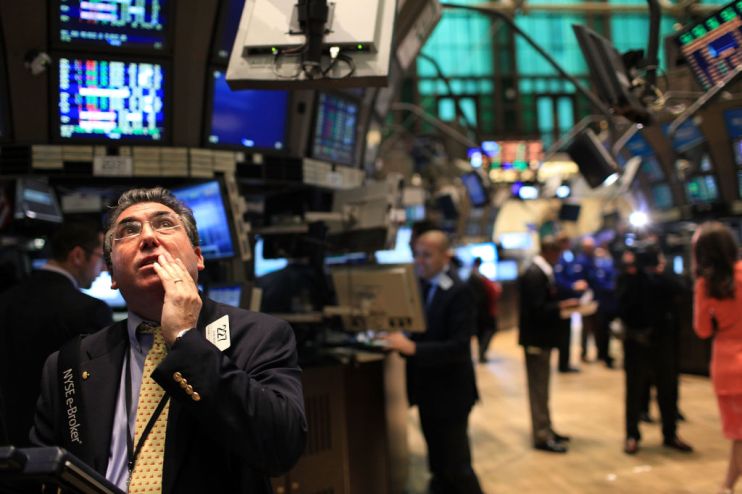The hedge fund problem: Too many billionaires and too few returns for investors

Hedge funds may be in vogue in the financial world, but investors would do well to approach them with caution, writes Yogi Dewan
For nearly 30 years, I’ve cautiously invested in hedge funds. Now, they are being used more than ever.
Hedge funds have been historically ‘sold’ to investors as a market-neutral, uncorrelated asset class promising absolute returns, regardless of the market environment. This implied that they were a lower-risk asset class with portfolio diversification benefits, despite leverage. Back then, the high fees associated with hedge funds seemed secondary.
In my experience very few hedge funds have been successful in achieving the goals they set out for investors. Instead, they have evolved into leveraged investment products with high fees and a high correlation to equity markets. Whilst short-term traders and speculators relish this, it is not suitable for long term investors who do not want to take this type of risk.
Despite these facts, the Goldman Sachs Hedge Fund Crowding Index is the highest it has been since its inception 22 years ago.
With the more recent rise in interest rates, it has become hard to justify investing in hedge funds as an asset class. Cash now offers a risk-free rate of around five per cent.
Looking at performance, hedge funds were up 1.9 per cent in the year to the end of October, that’s in a market that was up 10.9 per cent. Over the past 10 years they have returned to up 3.3 per cent a year whilst public equity markets have returned to up by 10.7 per cent. In the 20 years before 2022, investors would have been better off investing in US Treasuries with essentially no risk.
For a quick background, in the early 2000s hedge funds were all the rage. Things went horribly wrong in 2008 around the Lehman Brothers crisis when, in aggregate, hedge funds lost more than a quarter of their value, with many ‘gating’ investors, i.e. prevented them from withdrawing funds. Hedge fund strategy and structure seemed to be of little consequence at that time.
In 2008, most hedge funds were highly correlated to global equities despite being supposedly market neutral. Many ended up being forced sellers of securities, regardless of valuation, as markets declined in a volatile and, at times, illiquid environment.
For the next 10 years many hedge funds closed down and performance stagnated. Low interest rates and low volatility hindered performance. It took until 2017 for the industry AUM to surpass historic 2007 levels.
Fast forward to today – hedge fund charges remain excessively high. Top quartile managers charge a management fee of three per cent and performance fees of 25 per cent. Average managers charge two per cent and 20 per cent, whilst bottom quartile managers charge 1.5 per cent and 15 per cent. The recent industry shift to pass-through fees and eight-figure salaries for star portfolio managers makes fee visibility even more opaque. Hedge funds are not doing what they claim to be doing from a risk and return perspective. They remain overly complex and too expensive.
Looking more closely at how hedge funds usually operate, they typically use cash collateral to leverage and or borrow securities, sell them, and then use the proceeds to make other high-risk investments. Interestingly, one of their best investments over time has been the cash rates on their untouched cash collateral.
Many hedge funds also seem to be chasing the same trading opportunities or, worse, taking opposite sides of the same trade and offering none of the perceived benefits of diversification or being an uncorrelated asset class.
Irrespective of fewer trading opportunities, increased competition, increased complexity and poor performance, the industry continues to grow. Assets under management now exceed $4 trillion, larger than the size of the UK economy.
I am regularly asked about our view on hedge funds in client meetings. My response is that there are some great hedge fund managers out there, but finding and accessing them is not straightforward. Any allocation must overcome a high hurdle with cash yielding around five per cent, uncorrelated to equities or bonds. Proper and thorough due diligence is essential.
Perhaps more importantly, there are still too many hedge fund billionaires and too many disappointed investors.